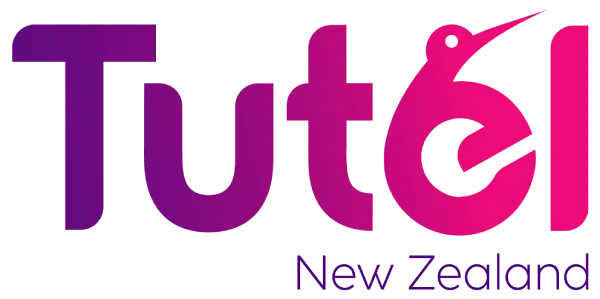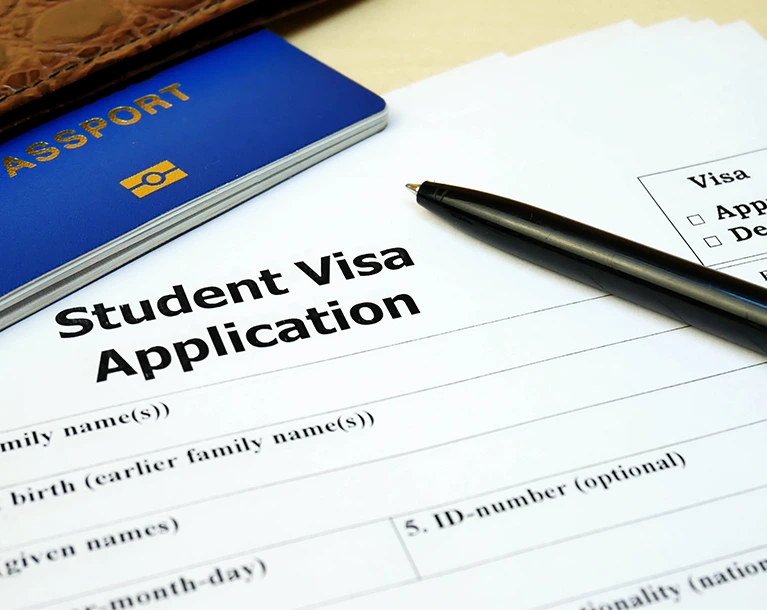A student visa is an official document that allows a foreign student to enter a country for the purpose of studying at an educational institution. Different countries have their own requirements and categories of student visas, but here are some common features:
Purpose: The visa is specifically for students intending to join in full-time education, such as at a university, college, or an academic institution.
Duration:
Some study visas may allow students to stay for extended time after graduation
to search for job or continue their education.
Part-time
Work Rights: Some student visas permit part-time work (as hours per week) while
studying, with full-time work allowed during vacations or holidays.
Application
Requirements: Students usually need to provide proof of acceptance from an
educational institution, financial support documents, proof of accommodation,
and sometimes medical certificates and language test scores.
Visa
Conditions: Students must follow the terms of their visa, which may include
maintaining full-time student status, attending classes, and making
satisfactory academic progress.
What type of student visa I need?
In
the United Kingdom, a student visa is termed as Tier 4 (General Student) visa.
In
the US:
- F-1
visa if going for a full-time course or course that lasts for 6+ months
- M-1
visa for vocational courses
- J-1
visa for exchange students.
In
Australia the visas are divided based on subclass and level of study.
When to start applying for student visa?
You
should start applying for a student visa as soon as you receive an official
offer or letter of acceptance from your educational institution. Ideally, you
can apply 3 to 6 months before your joining date to get enough time for
processing, documenting, and addressing any potential delays. Always make sure
to check the specific visa requirements and timelines for the country you are
applying to.
Can I work with my student visa?
Most student visa allow 20 hours per week work during studies and full-time during holiday or vacation. In Australia, student visa holders are allowed to work for 48 hours a fortnight, while New Zealand, US, Canada and Italy allow only 20 hours a week.
How long it takes to process a student visa?
Visa
processing times might according to the country of choice. Nevertheless, it can
take anywhere from a few weeks to several months. Hence, it is wise to apply as
early as possible. We at Tutel New Zealand accept offer letter payment only
after you successfully get your visa.
Do I need to show proof of language proficiency to get a student visa?
Yes,
many countries require you to submit proof of language proficiency tests like
IELTS or TOEFL scores. This is usually part of the admission process for the
educational institution applying but may also be needed for your visa
application. MOI also may be accepted depending on college or university.
Can I bring family members along using student visa?
In
some cases, you can bring dependent family members like spouse or children on a
dependent visa. However, their visa terms like staying duration, working rights
etc will be different from yours.
What to do if my student visa application is rejected?
If
so, you will receive a letter explaining the reasons why student visa was
rejected. You can either reapply with additional documentation addressing the
issues found or appeal the decision.
Will I be interviewed for my student visa?
Yes,
some countries may require an interview as part of the student visa application
process. You can expect to be asked about your study plans, financial
circumstances, and ties to your home country. The requirement depends on the
country chosen and the particulars of your application.
What financial documents are necessary for a student visa?
Some
of the common documents asked are:
- Recent
bank statements
- Sponsorship
letters (if applicable)
- Proof
of scholarships
- Proof
of tuition payment
These
papers must validate that you have enough funds to cover your fee, living
expenses, and additional costs.
What happens if I overstay my student visa?
Overstaying
your student visa can result in deportation, fine or being banned from
returning to the host country. Hence, you must apply for a visa extension or
change to another visa type before your existing study visa expires.
How to show proof of accommodation for a student visa?
Proof
of accommodation can include:
- A
rental/homestay agreement
- University
letter confirming on-campus housing
- A
temporary housing booking
Can I change courses or institutions on a student visa?
In several cases, you can switch courses or institutions, nevertheless you may need to notify the immigration authorities and get approval of the same. This could involve updating your visa or getting a new one, depending on the country’s guidelines.
How long can I stay in the country with a student visa?
The duration of stay on a student visa usually depends on the length of your study program. You can typically stay for the full duration of your course, plus some additional time, which may vary by country. Some countries allow extra time to search for work or pursue further studies after graduation. Always go through the specific rules for your visa.
It is always wise to consult a study abroad consultancy to get a clear picture of how to proceed and get 100% visa success.


